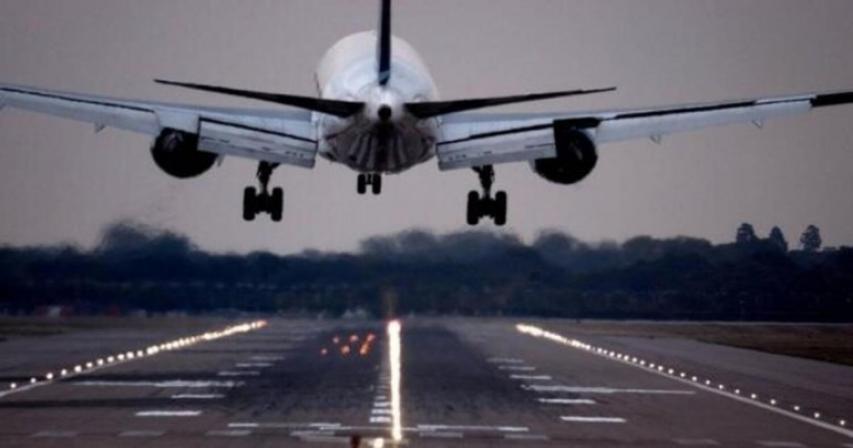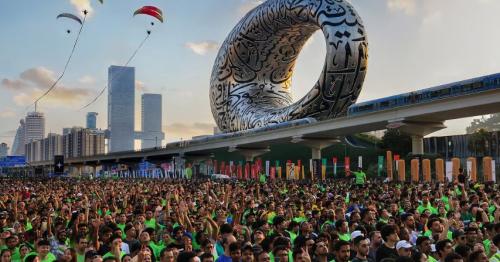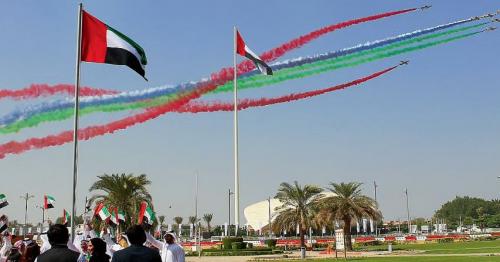Will UAE airlines see one-pilot operation as AI-assisted flying takes off?

That may become a reality in the near future as technology including artificial intelligence improves at a staggering rate, a senior official at Dubai based Emirates Airlines said during the inaugural aviation future week on his conference in Tuesday.
Emirates Airlines’ deputy president and chief operating officer Adel Al Redha expounded on the fact that the branch has unimaginable technology development pace which if coupled with artificial intelligence, is designed to work even better, improving system efficiency and safety, facilitating alliance of airlines interoperation, and eventually reduction the number of visible human pilots in the cockpit.
It is not new, however; the issue of a single pilot in the cockpit has been the subject of shrinking down two pilots into one. The co-pilot had to take control and land the plane in the town of New York where the mass had taken sick at the controls.
Earlier in 2015, a senior airline captain fell ill and died in the course of operating an American Airlines commercial jet while en route Boston from Phoenix. The First Officer kept flying for the sprayed. The Federal Aviation Authorities has statutory regulation of how many crew members are needed in the cockpit of such an aircraft; and it is always a minimum of two.
Better flight management systems
Nevertheless, in Al Redha opinions AI can be utilized to have a single pilot manning the entire aircraft. He stated that these days, there have been advancements in flight management systems incorporated in passenger jets. Those functions that required the input of the pilot, for example, course plotting and fuel level checks are now operated by computers and GPS or satellite navigation systems.
“It is correct that there have been some incidents but rather exceptions,” Al Redha explained, saying: “What’s happening these days is that there is a shift in technology and AI is coming to our aid. There is a lot of redundancy (or the duplication of system components to increase system efficiency and dependability) that the aircraft manufacturers have put in place.”
"I believe that someday we may only require one pilot, rather than two. It is a possibility; we just need to manage it and deal with it with strong regulations. Terms of reference will have to be changed and there will be greater advanced systems of measures in order to track and follow the aircraft both in the air and on land,” he highlighted.
“We can replace all or most of these human positions with AI, in whose esoteric confidence most of the pilots may further the unsettling existing civil aviation pilot gap in the region" Al Redha made a case for AI explaining how it could impact the predicted pilot deficit in the region.
If there were a question posed to Al Redha providing a date on when the fewest number of human pilots will be required, Al Redha answered, it is certainly not going to be soon.
"There are a number of the preconditions which must be satisfied before this can happen", he said, while stating: “First there are some laws and regulations that are concerned about the passengers and crew safety that we have to tackle.”
Safety on board
Concurrently, in July this year, the European Cockpit Association and some pilots' groups joined the fight against the single-pilot initiative. “Pilots advocate that reducing the number of crew at any time is akin to playing dice with the safety of the flight”.
“Pilots do not only fly a plane, but they help each other and all phases of the flight. They operate the machine on an autopilot ‘function’ and deal with possible safety, security, or operational problems and risks. It is a highly dynamic and rapidly changing situation.
It is my belief that single pilot flight operations is a dangerous idea fostering commercial motives for aircraft manufacturers and airlines alike,” reads the narrative of Captain Otjan de Bruijn, President ECA on their website ‘One means none’.
The aviation industry has not escaped, as the EASA has pointed out that “the aviation industry continues to advance technology and automation which enhances safety and efficiency in operations”.
“It has been observed that these advancements in technology tend to enhance the resilience of the aircraft systems while the tasks of the pilot are more effective and supportive thus improving the performance levels. The focus is now on developing a possibility of flying big commercial jets with one pilot only during cruise,” the EU agency for aviation safety said.
Delve into the extinction of airlines as they become high-tech and the burden of piloting disappears with advanced AI-controlled flying. Do you think this type of operation is where aviation is headed?






Comments